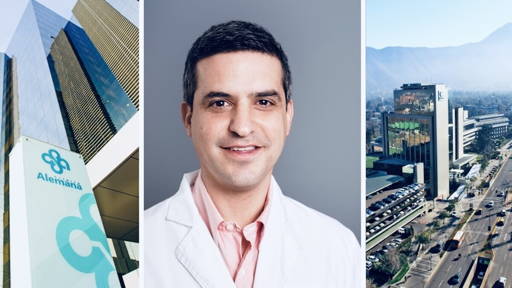Philips worked with clinical partners to investigate whether angiography combined with iFR (instantaneous wave-free ratio) co-registration could improve outcomes for patients undergoing angioplasty (percutaneous coronary intervention, PCI). Angiography is a medical examination in which blood vessels are made visible using X-rays and contrast fluid. Philips and its partners have reached a milestone in the DEFINE GPS study.
‘We have randomised more than 2,182 patients in 18 countries and 85 hospitals worldwide. The level of coordination between researchers, clinical research coordinators and our Philips team is remarkable. This is truly a global effort,’ says Dr Darshan Doshi, Head of Medical & Clinical at Philips Image-Guided Therapy Devices.
In a percutaneous coronary intervention (PCI), a narrowing in the coronary arteries is treated in a minimally invasive manner. The DEFINE GPS study is investigating whether this procedure can be made smarter. Traditionally, PCI is performed on the basis of angiography, in which the doctor uses X-ray images to visualise the narrowing. However, the image alone does not always provide information about the impact on blood flow. iFR co-registration adds a measurement that indicates where the pressure in the vessels drops. This allows doctors to better determine which blockages actually need to be treated and whether the procedure was successful.
Linking measurements to images
The study began more than five years ago with the aim of demonstrating whether iFR co-registration yields better results than angiographic guidance alone in PCI. The first patient was enrolled in 2021. Healthcare providers also had to be trained in the use of this technique.
In this study, angiography was supplemented with iFR co-registration: a technique in which pressure measurements in the coronary artery are linked to the images. This is done using a pressure wire from Philips and the SyncVision system. DEFINE GPS not only examines whether this approach is safe and effective, but also what it means for patients' quality of life and healthcare costs.
‘iFR co-registration makes decision-making more objective and helps doctors to avoid missing important steps. This makes treatments more consistent and precise, especially in complex cases. We are now focusing on careful follow-up. The more complete the data, the stronger the conclusions,’ concludes Dr Doshi.
Guidelines and results
If the results of the study are positive, this could lead to a new standard in PCI treatments, with physiological confirmation becoming an integral part. According to Philips, the result could potentially influence international guidelines.
Previous results from the DEFINE PCI study show that a quarter of patients still had residual ischaemia after PCI. In 80% of those cases, additional treatment could have resolved the problem. DEFINE GPS builds on this by guiding and monitoring treatment with iFR co-registration before the patient leaves the treatment team.
AI for blocked vessels Every year, more than 3 million people worldwide receive a stent to open blocked blood vessels, but monitoring the healing process after placement remains difficult. Irregular tissue growth over the stent can cause complications, such as re-narrowed or blocked blood vessels. Analysing healing patterns via intravascular OCT images is too time-consuming for routine use in the clinic. A research team from Munich has developed an AI tool, DeepNeo, that automates the analysis of coronary stents after implantation.










